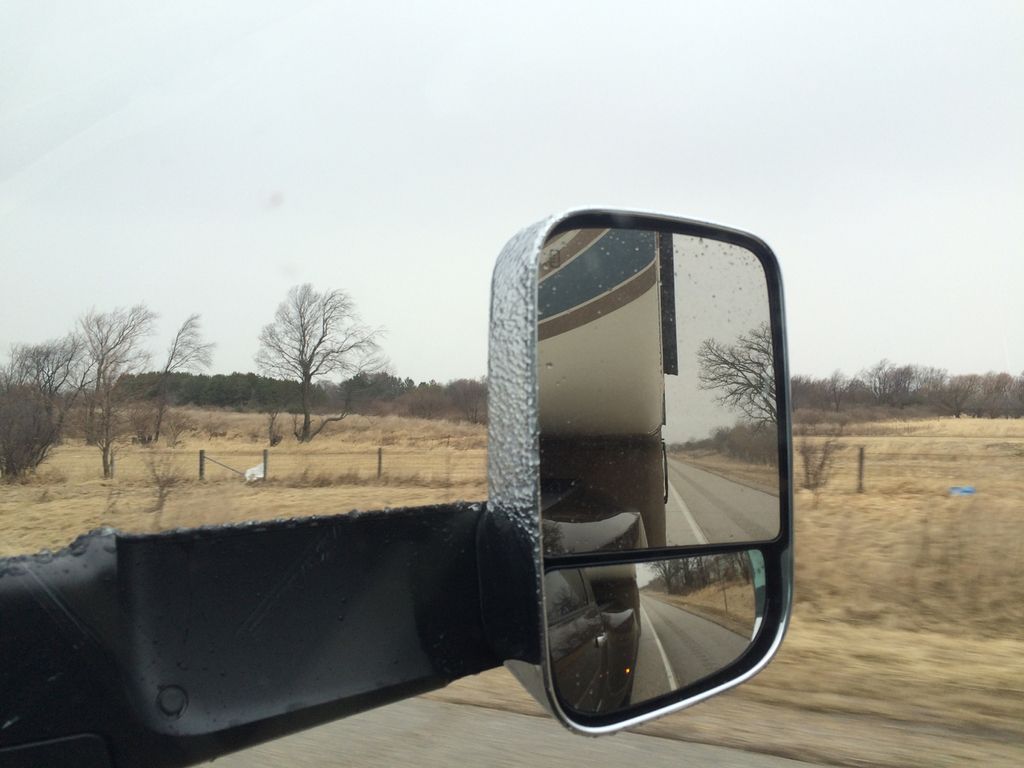harry_and_thea
Feb 03, 2016Explorer
truck and trailer total loss due to black ice
So it's been almost 3 weeks since we totaled our truck and fifth wheel. We were an hour from home enroute to Florida from Hamilton, Ontario when we hit black ice, lost control, went down an embankment and ended up jackknifed but upright in the ditch against a row of small trees. Thea and I were shook up but totally unscathed and we are grateful to God for his protection. The highway seemed good although it looked maybe slightly wet. It was eight am, i was doing about 105 kph(65 mph) and the temperature was -10 C(14 Fah) We later found out that about 10 km ahead of us was another truck and fifth wheel in the ditch.
My purpose for this post is two fold.
First as a warning to other campers as it was only the two fifth wheels in the ditch.
Secondly I'd like opinions as to what I could have done differently.
One thing for sure, if the road is even remotely suspect, I will slow right down.
Will applying the trailer brake manually help to straighten the rig out?
Will having the truck in 4 wheel drive help? I have always been under the impression that 4 wheel drive is harmful to the drive train on dry pavement. Would it be damaging on a straight highway if black ice is possible?
Would appreciate feedback. We have bought another trailer and are in the process of buying another truck. So not giving up on rving yet. Still hope to get to Florida this winter.
My purpose for this post is two fold.
First as a warning to other campers as it was only the two fifth wheels in the ditch.
Secondly I'd like opinions as to what I could have done differently.
One thing for sure, if the road is even remotely suspect, I will slow right down.
Will applying the trailer brake manually help to straighten the rig out?
Will having the truck in 4 wheel drive help? I have always been under the impression that 4 wheel drive is harmful to the drive train on dry pavement. Would it be damaging on a straight highway if black ice is possible?
Would appreciate feedback. We have bought another trailer and are in the process of buying another truck. So not giving up on rving yet. Still hope to get to Florida this winter.
